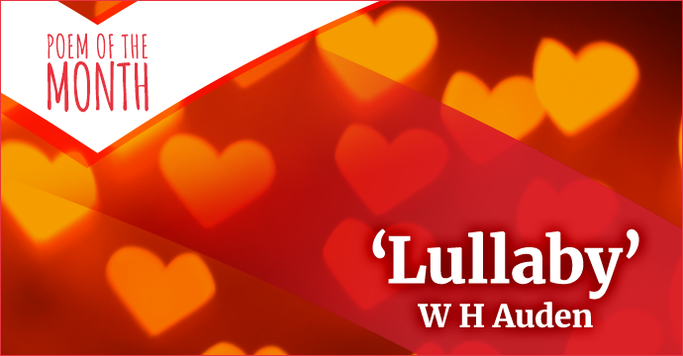
Lay your sleeping head, my love,
W. H. Auden, 1937
Human on my faithless arm;
Time and fevers burn away
Individual beauty from
Thoughtful children, and the grave
Proves the child ephemeral:
But in my arms till break of day
Let the living creature lie,
Mortal, guilty, but to me
The entirely beautiful.
Soul and body have no bounds:
To lovers as they lie upon
Her tolerant enchanted slope
In their ordinary swoon,
Grave the vision Venus sends
Of supernatural sympathy,
Universal love and hope;
While an abstract insight wakes
Among the glaciers and the rocks
The hermit’s carnal ecstasy.
Certainty, fidelity
On the stroke of midnight pass
Like vibrations of a bell,
And fashionable madmen raise
Their pedantic boring cry:
Every farthing of the cost,
All the dreaded cards foretell,
Shall be paid, but from this night
Not a whisper, not a thought,
Not a kiss nor look be lost.
Beauty, midnight, vision dies:
Let the winds of dawn that blow
Softly round your dreaming head
Such a day of welcome show
Eye and knocking heart may bless,
Find the mortal world enough;
Noons of dryness find you fed
By the involuntary powers,
Nights of insult let you pass
Watched by every human love.

“Poetry might be defined as the clear expression of mixed feelings.”
W. H. Auden was an English poet and playwright, born in 1907. Famed for his intelligence and wit, Auden became a popular writer well known across both Europe and America. A hugely influential writer of the 20th century, Auden took his own influence from across the academic spectrum, from Karl Marx to Sigmund Freud. These particularly influences can be clearly seen in Auden’s earlier works. His later works are more characterised by his return to spirituality in later life. In 1930, Auden published his first collection of poetry with Faber and the help of T. S. Eliot, one of his literary influences. Auden won the Pulitzer Prize for The Age of Anxiety in 1948.
Though he was an openly gay man, both the law and social moral attitudes lead him to enter a marriage of convenience to the daughter of the German writer, Thomas Mann. Erika Mann was a lesbian actress, writer, and journalist who was famously an open critic of the Nazi regime. The two developed a strong friendship and encouraged the activism and artistic pursuits of one another.
In 1939 before the outbreak of WWII, Auden emigrated to the United States. Soon after, he met writer Chester Kallman. They collaborated in works such as librettos for operas, fell in love, and remained in a relationship until Auden’s death in 1973.
Love poetry for the anti-Romantics
Auden’s Lullaby is a celebration of the temporal nature of erotic love. This poem along with many other poems and letters of Auden stand as significant pillars in queer poetry. Being openly gay meant he was highly vulnerable to not only social rejection but criminal detainment and even death. The fact that Auden expressed his homosexuality through his published writings helped pave the way for future queer writers in the UK, US, and beyond.
As with a lot of his work, Auden’s poem Lullaby is an active and conscious rebellion against the status quo. A rebellion against his interconnection with Christianity, the Freudian psychoanalysis of homoeroticism as abnormal activity, and the institutional homophobia of ruling Fascism throughout Europe at the time. The twists in Auden’s language begin in the very title of the poem. A lullaby is a traditional love song expressing the love of a parent to a child. Auden inverts the interpretation, presenting the explicit sexual and fleeting love between two men. The wide outreaching implications of war and diplomatic struggle is brought right down into the humanity of the individual, with their head resting on a lover’s arm.
W. H. Auden’s writing is often referred to as ‘anti-Romanticism’. This is seen in his use of concrete imagery and open language and verse, with content addressing the social and political unrest and psychological landscapes. Auden used his poetry to become a voice in political activism. Auden’s work continues to influence contemporary writing and art, several decades after his death.
Well versed in modernist poetry? Why not browse our range of new poetry books featuring brand new publications as well as new editions of favourite texts. Widen your search by exploring our entire collection of poetry books.
What do you think of Lullaby by W. H. Auden? Have you read any more of his work? Let us know in the comments below.

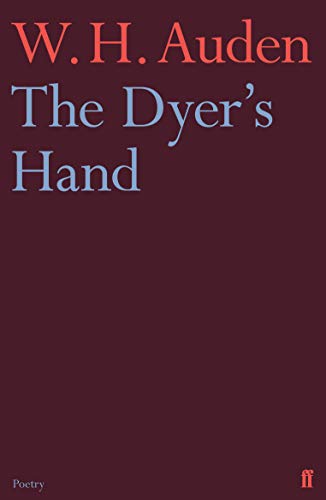
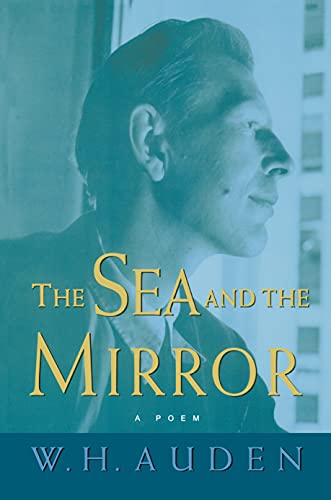
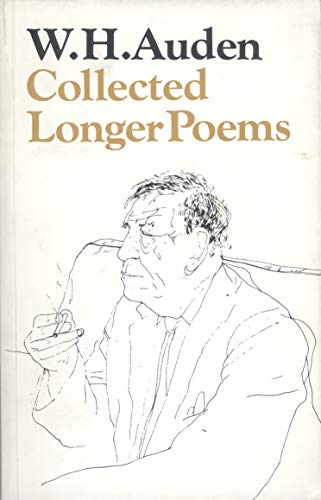
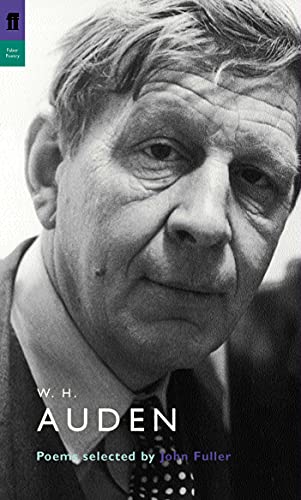
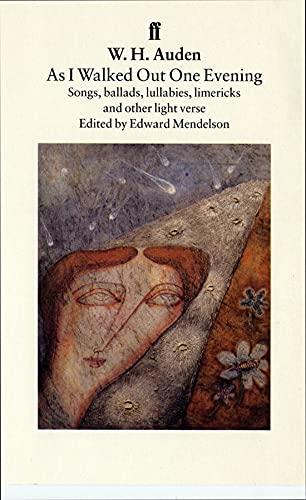
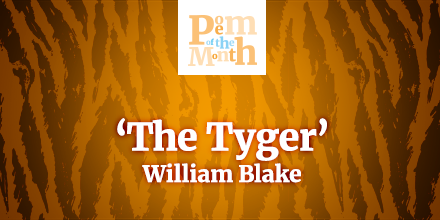
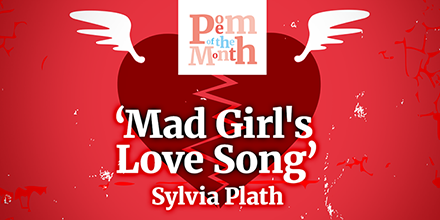
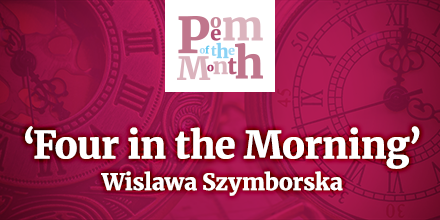
3 Comments
Hallo, ich soll zusätzlich zu meiner letzten Bestellung Zollgebühren zahlen!!
Bitte beachten Sie, dass dieser Blog nicht vom Kundenservice- Team überwacht wird. Sie können sie über die Website oder auf unseren Social-Media-Profilen kontaktieren.
Vielen Dank.
This is a poem of the night. When the mind will not be still but flits around to find imagination in regrets, love and loneliness.